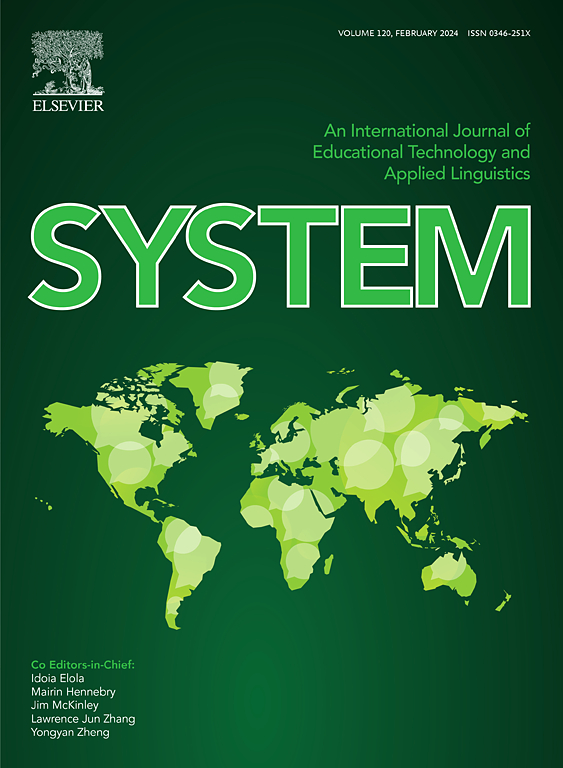Dietary fat supplementation relieves cold temperature-induced energy stress through AMPK-mediated mitochondrial homeostasis in pigs
IF 7
1区 农林科学
Q1 Agricultural and Biological Sciences
引用次数: 0
Abstract
Cold stress has negative effects on the growth and health of mammals, and has become a factor restricting livestock development at high latitudes and on plateaus. The gut-liver axis is central to energy metabolism, and the mechanisms by which it regulates host energy metabolism at cold temperatures have rarely been illustrated. In this study, we evaluated the status of glycolipid metabolism and oxidative stress in pigs based on the gut-liver axis and propose that AMP-activated protein kinase (AMPK) is a key target for alleviating energy stress at cold temperatures by dietary fat supplementation. Dietary fat supplementation alleviated the negative effects of cold temperatures on growth performance and digestive enzymes, while hormonal homeostasis was also restored. Moreover, cold temperature exposure increased glucose transport in the jejunum. In contrast, we observed abnormalities in lipid metabolism, which was characterized by the accumulation of bile acids in the ileum and plasma. In addition, the results of the ileal metabolomic analysis were consistent with the energy metabolism measurements in the jejunum, and dietary fat supplementation increased the activity of the mitochondrial respiratory chain and lipid metabolism. As the central nexus of energy metabolism, the state of glycolipid metabolism and oxidative stress in the liver are inconsistent with that in the small intestine. Specifically, we found that cold temperature exposure increased glucose transport in the liver, which fully validates the idea that hormones can act on the liver to regulate glucose output. Additionally, dietary fat supplementation inhibited glucose transport and glycolysis, but increased gluconeogenesis, bile acid cycling, and lipid metabolism. Sustained activation of AMPK, which an energy receptor and regulator, leads to oxidative stress and apoptosis in the liver; dietary fat supplementation alleviates energy stress by reducing AMPK phosphorylation. Cold stress reduced the growth performance and aggravated glycolipid metabolism disorders and oxidative stress damage in pigs. Dietary fat supplementation improved growth performance and alleviated cold temperature-induced energy stress through AMPK-mediated mitochondrial homeostasis. In this study, we highlight the importance of AMPK in dietary fat supplementation-mediated alleviation of host energy stress in response to environmental changes.膳食脂肪补充通过 AMPK 介导的线粒体平衡缓解猪低温诱导的能量胁迫
冷应激对哺乳动物的生长和健康有负面影响,已成为制约高纬度和高原地区家畜发展的一个因素。肠肝轴是能量代谢的核心,而它在低温条件下调节宿主能量代谢的机制却鲜有说明。在这项研究中,我们基于肠肝轴评估了猪的糖脂代谢和氧化应激状况,并提出 AMP 激活蛋白激酶(AMPK)是通过膳食脂肪补充缓解低温下能量应激的关键靶点。日粮脂肪补充缓解了低温对生长性能和消化酶的负面影响,同时也恢复了激素平衡。此外,暴露于低温还增加了空肠中的葡萄糖转运。相反,我们观察到脂质代谢异常,其特征是胆汁酸在回肠和血浆中的积累。此外,回肠代谢组学分析结果与空肠能量代谢测量结果一致,膳食脂肪补充增加了线粒体呼吸链和脂质代谢的活性。作为能量代谢的中心环节,肝脏的糖脂代谢和氧化应激状态与小肠的不一致。具体而言,我们发现低温暴露会增加肝脏中的葡萄糖转运,这充分验证了激素可作用于肝脏以调节葡萄糖输出的观点。此外,膳食脂肪补充抑制了葡萄糖转运和糖酵解,但增加了糖元生成、胆汁酸循环和脂质代谢。AMPK是一种能量受体和调节器,它的持续激活会导致肝脏氧化应激和细胞凋亡;通过减少AMPK磷酸化,补充膳食脂肪可缓解能量应激。冷应激会降低猪的生长性能,加剧糖脂代谢紊乱和氧化应激损伤。通过 AMPK 介导的线粒体平衡,膳食脂肪补充可改善猪的生长性能并缓解低温诱导的能量应激。在这项研究中,我们强调了 AMPK 在膳食脂肪补充介导的宿主能量应激反应中的重要性。
本文章由计算机程序翻译,如有差异,请以英文原文为准。
求助全文
约1分钟内获得全文
求助全文
来源期刊

Journal of Animal Science and Biotechnology
AGRICULTURE, DAIRY & ANIMAL SCIENCE-
CiteScore
9.90
自引率
2.90%
发文量
822
审稿时长
17 weeks
期刊介绍:
Journal of Animal Science and Biotechnology is an open access, peer-reviewed journal that encompasses all aspects of animal science and biotechnology. That includes domestic animal production, animal genetics and breeding, animal reproduction and physiology, animal nutrition and biochemistry, feed processing technology and bioevaluation, animal biotechnology, and meat science.
 求助内容:
求助内容: 应助结果提醒方式:
应助结果提醒方式:


